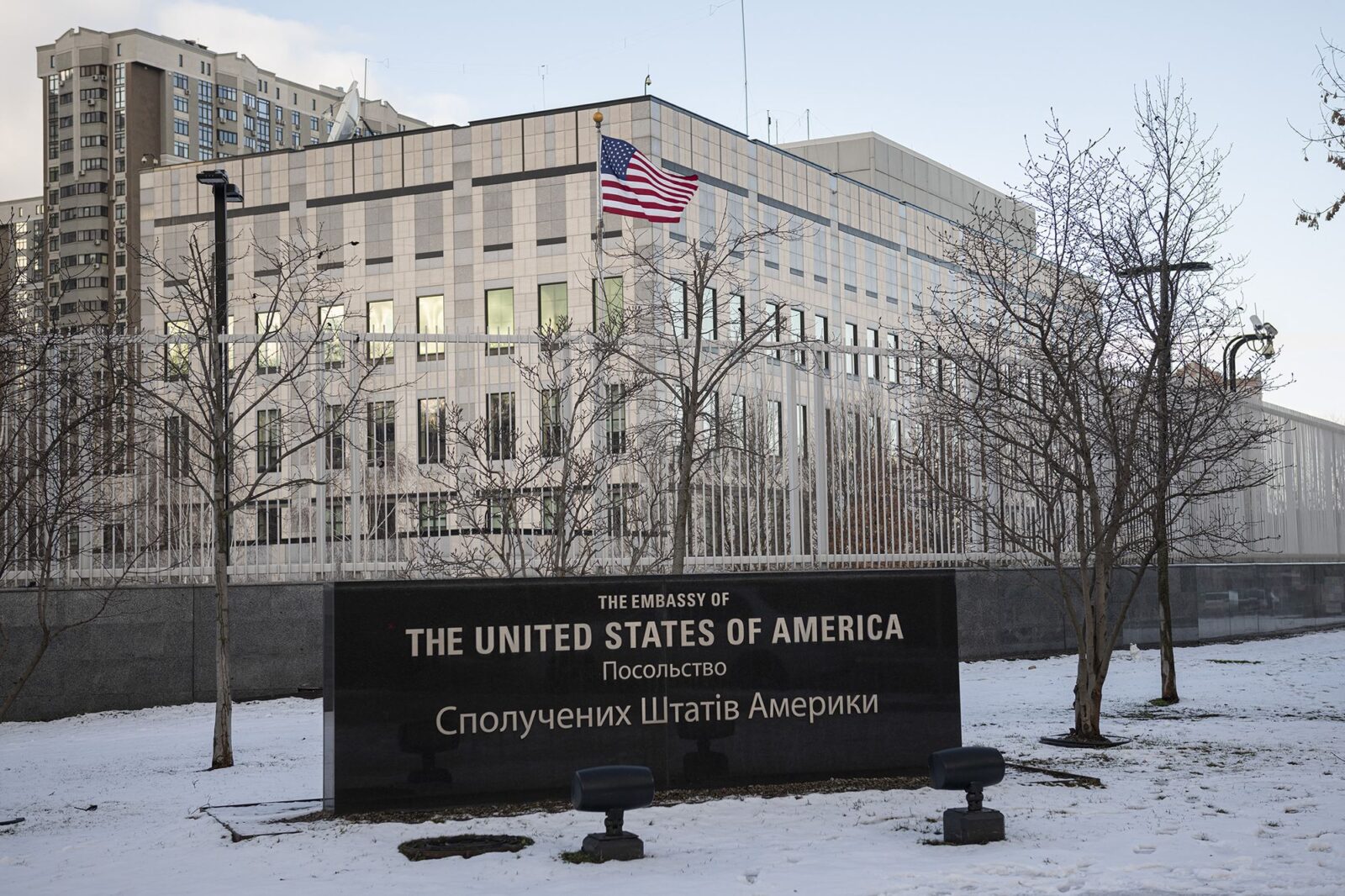Controversies have followed the creation of the Ministry of Livestock Development since President Bola Tinubu made the announcement mid-this year.
While its critics describe it as a duplication of functions in an over-bloated bureaucracy at a time when the government should be shrinking its structures amid dwindling resources and hardship among the citizenry, its proponents argue that it is a baby born in due season.
The president has since appointed a substantive minister to oversee the new ministry, based on the report of Attahiru Jega’s Presidential Livestock Development Committee, with the expectation that it will deliver on its core mandate.
The committee presented 22 recommendations for harnessing the enormous benefits from Nigeria’s 58 million cattle and poultry which include identifying the value chain, inputs, production and export opportunity.
The sector is rated as having the potential to generate N33 trillion for the national economy with huge employment opportunities and nutritional value.
The committee also suggested methods for tackling the insecurity created by the perennial farmer-herder conflict and the rustling of cattle.
It further advised the government to adopt a mixture of both “ranching and open grazing” in the short term to address the worsening farmer-herder clashes across the country.
It is common knowledge that the protracted conflict between herders and farmers in Nigeria has grown into a full-blown security crisis that has wrecked the country’s food security programme.
These clashes largely arise from the struggle for the control of natural resources, especially land and water, which is escalated by climate change and socioeconomic and cultural inequalities.
The conflict among farmers and herders in the North has since assumed a national dimension. The pastoralists migrated southward for grazing land, leading to violent confrontations with indigenous farming communities.
In the North, the violence started with the local farmers defending their crops against the cattle rearers who often invade their farms with impunity.
The farmers, at first, began to seize such cattle as resistance before it turned to cattle rustling, kidnapping and banditry as local criminals took over the situation.
Over time, the clashes spread to the Middle Belt region and southern Nigeria, claiming thousands of lives and displacing several communities.
Sadly, these conflicts have defied the efforts of conventional security agencies. Even the formation of local security organisations by state governments has not produced the desired results, as the militia herders, bandits and kidnappers continue to inflict carnage on the local people.
As the conflict intensifies, criminal elements have exploited it and turned it into a lucrative industry of banditry and kidnapping. Even the herdsmen are not spared of these crimes.
The crisis has taken a complex dimension, attracting more dangerous actors and making its resolution difficult. Next to insurgency in terms of destruction of life and property is the herder-farmer hostility.
Today, no part of the country, especially rural communities, is secure enough for farmers to plant and harvest crops. In some states, farmers pay fees and taxes to bandits before they can access their farms. This has alarming effects on agriculture and food security.
Nigeria has witnessed reduced food production. The movement of farm produce, where it exists, to the cities and urban centres has been disrupted, resulting in a hike in food prices beyond the reach of ordinary Nigerians.
As a newspaper, we are delighted that the ministry has the presidential mandate to find lasting solutions to the herder-farmers’ short- and long-term menace.
Therefore, we challenge the livestock development minister to hit the ground running. There is no time to waste.
Even though it is too early, Nigerians expect major policy pronouncements by the minister. So far, none has come.
Without further delay, the minister must announce short and long-term homegrown measures to resolve this intractable conflict.
Such policy pronouncements should include the proposed establishment of grazing reserves in designated areas for herding to reduce tensions. Allowing open grazing to continue when some states have legislated against it will not make any difference.
The ministry should create conflict resolution platforms where aggrieved herders and farmers can seek immediate remediation.
The ministry must also understudy countries with thriving livestock industry and domesticate such policies and practices to make Nigeria a global player.
Furthermore, the ministry should reach out to international partners and investors to help the sector overcome its present challenges.
As the ministry plans to take action effectively, it must guard against wasteful spending, be transparent and accountable, deemphasise bureaucracy, and set attainable goals with specific timelines.
Similarly, it should avoid the temptation of being a regional body. It is not a pastoralists’ ministry. Other Nigerians are involved in animal production in one form or another. Their interests must be considered and attended to. Nigerians have high expectations, and therefore, the minister must not fail.
The challenges are fundamental and do not require routine solutions. The herders-farmers conflict is a ticking time bomb, threatening Nigeria’s stability and food security. Urgent actions are needed to address the root causes and prevent further escalation.

 4 hours ago
7
4 hours ago
7













